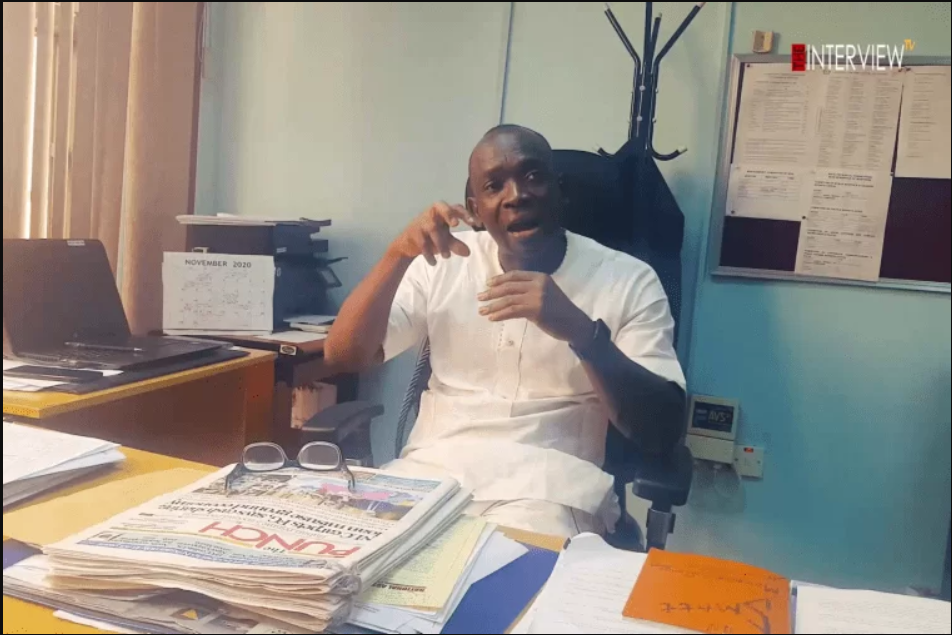The Nigeria Employers Consultative Association (NECA) has advised the Nigeria Labour Congress (NLC) to shelve its planned strike against the prevailing naira scarcity to avoid worsening the country’s economy.
The Director General of NECA, Mr. Adewale-Smatt Oyerinde, who gave the advice at a press conference, said any industrial action at the moment would be counter-productive.
The national leadership of NLC had resolved to embark on a nationwide strike Wednesday next week over the lingering scarcity of cash across the country.
The Congress also planned to storm the Central Bank of Nigeria to protest the devastating development.
However, it had been reported that some officials of the apex bank, including its deputy governors, had met with the leadership of the congress in Abuja, to resolve the issue.
READ ALSO: NECA raises concerns over increasing tax burden on Nigerian businesses
While slamming the apex bank on its poorly implemented naira redesign policy and its implications for businesses and others, Oyerinde cautioned any strike this time won’t be helpful to the country.
Oyerinde said: “While we had expressed our deep concern as regards the mismanaged and dreadful implementation of the naira redesign policy, and in fact, some other policies of the Central Bank of Nigeria, it is our strong believe that the planned strike by the NLC could further drag the economy into a deeper hole, leading to rapid business closures, job losses and other socio-economic challenges.
“While we affirm emphatically our displeasure with the government’s loud silence and seeming inactivity in resolving the self-inflicted quagmire, the planned strike, at this time, could be counter-productive.
“We, hereby, urge the maximum use of the instrumentality of social dialogue in resolving all issues associated with industrial and social-economic disputes.
“Actions by the government and indeed social partners that could compromise the fragile economic state of the nation should be avoided. We urge the CBN and indeed, the federal government to immediately address the genuine concern of Nigerians in view of the ongoing socio-economic difficulties.”

 Health5 days ago
Health5 days ago
 Entertainment7 days ago
Entertainment7 days ago
 Crime6 days ago
Crime6 days ago
 Education1 week ago
Education1 week ago
 Health1 week ago
Health1 week ago
 Comments and Issues6 days ago
Comments and Issues6 days ago
 Football7 days ago
Football7 days ago
 Latest6 days ago
Latest6 days ago

